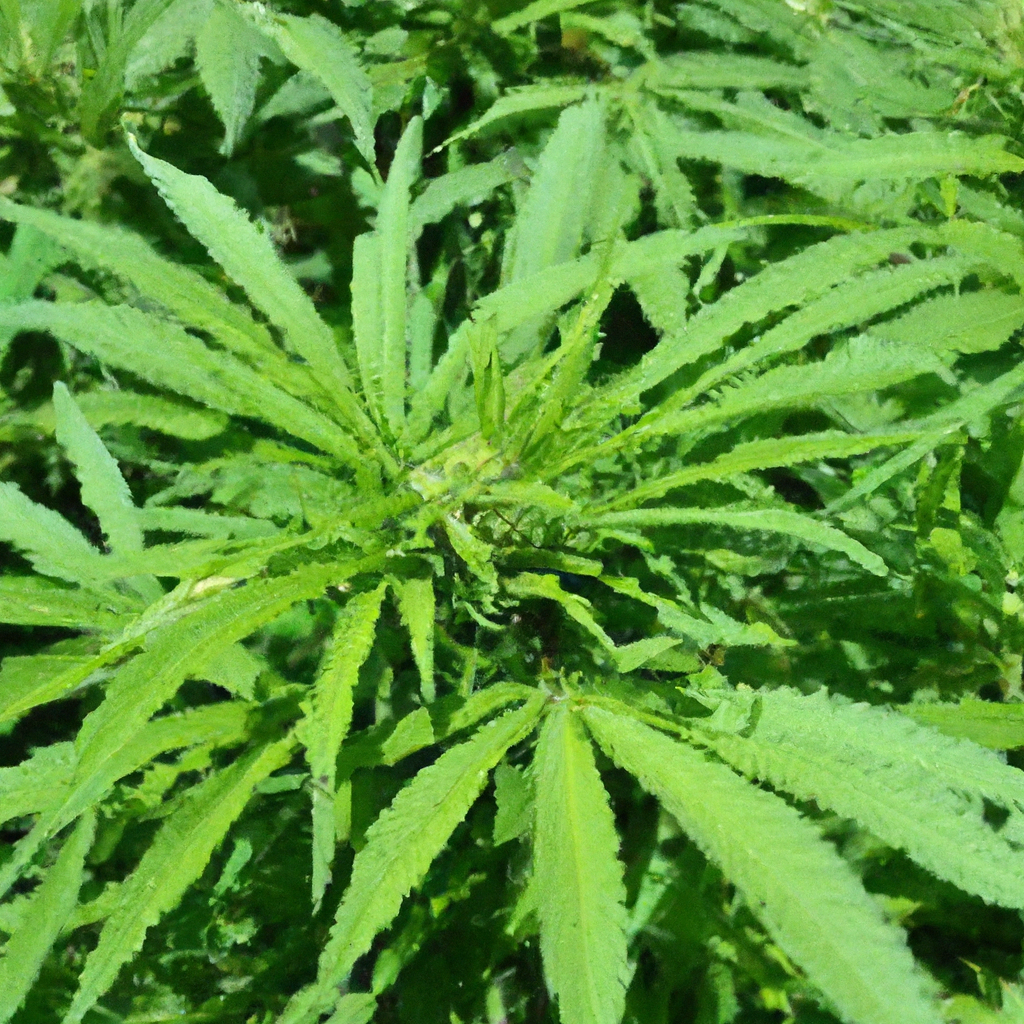Your cart is currently empty!
Introduction
As the demand for cleaner and healthier cannabis products rises, organic cultivation methods are gaining traction among growers and consumers alike. Not only does organic cannabis promise fewer chemicals and more natural flavors, but it also aligns with sustainable agricultural practices. This article explores the best practices for organic cannabis cultivation, focusing on building rich soil ecosystems, using natural fertilizers, and implementing eco-friendly pest control methods.
Building a Healthy Soil Ecosystem
Creating a thriving soil ecosystem is the cornerstone of organic cannabis cultivation. Healthy soil not only supports robust plant growth but also enhances the flavor and potency of the cannabis produced.
- Composting: Utilize kitchen scraps, plant clippings, and other organic waste to create nutrient-rich compost. This natural fertilizer contributes essential nutrients back into the soil.
- Beneficial Microbes: Introduce beneficial bacteria and fungi, such as mycorrhizae, to improve nutrient uptake and strengthen plant resilience against diseases.
- Crop Rotation and Cover Crops: Rotate cannabis with other plant species and use cover crops like clovers to maintain soil health and fertility over time.
Natural Fertilizers for Vibrant Growth
An organic approach to fertilization involves using amendments that enhance the soil without introducing synthetic chemicals.
- Fish Emulsion: A rich source of nitrogen, phosphorus, and potassium, fish emulsion promotes lush green growth and flowering.
- Bone Meal: High in phosphorus, bone meal supports root development and flower production.
- Compost Tea: Boost microbial activity in the soil with aerated compost tea, which also acts as a mild fertilizer and foliar feed.
Eco-Friendly Pest Control Methods
Managing pests and diseases without synthetic chemicals is a key aspect of organic cultivation.
- Companion Planting: Plant herbs like basil and marigold with cannabis to repel pests naturally.
- Neem Oil: Use neem oil sprays to deter aphids, spider mites, and other common cannabis pests without harming beneficial insects.
- Ladybugs and Predatory Insects: Introduce beneficial insects that prey on harmful pests, helping maintain ecological balance in the garden.
Conclusion
Embracing organic cultivation practices not only leads to healthier plants and superior cannabis products but also supports a sustainable and eco-friendly growing ecosystem. By fostering natural soil health, utilizing organic fertilizers, and employing environmentally sound pest control strategies, growers can produce high-quality cannabis that benefits both the consumer and the planet.


Leave a Reply